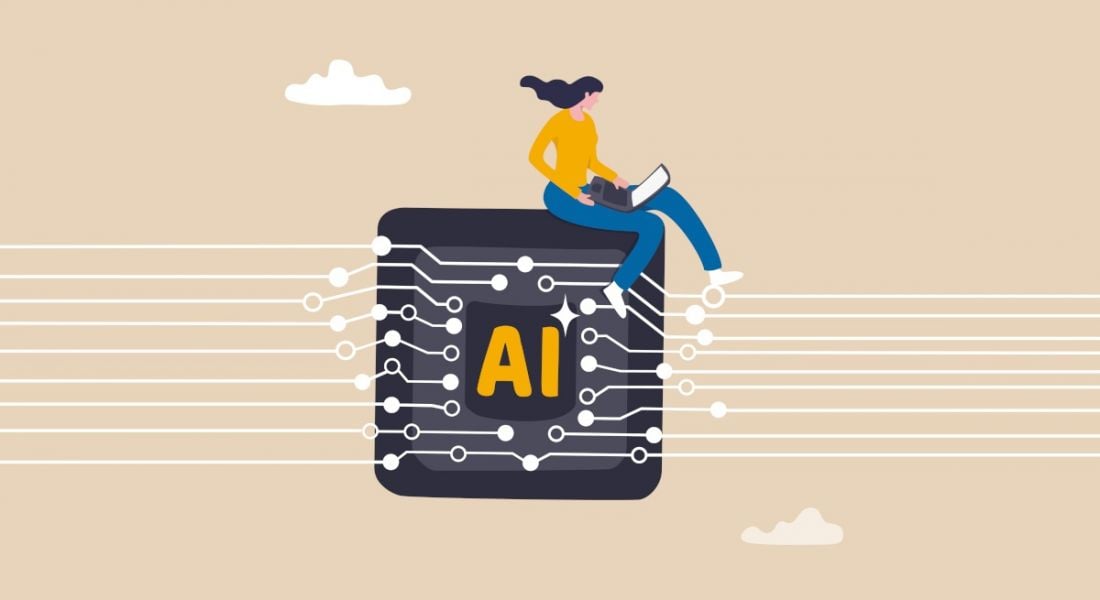BrightHR’s Alastair Brown discusses the precautions of integrating AI into the workplace and how employers can successfully prepare staff for its use.
Within the realm of HR and employment law, AI is a useful way to save time and stress by automating HR admin.
But a substantial 74pc of UK employers have not yet incorporated AI into the workplace, with risks posed to security cited as their greatest concern.
As using unverified AI tools can lead to potential privacy and data protection issues for employers, it’s recommended you think about specific AI-related policies to make sure you set clear guidelines for its use in your workplace.
So, we’re here to help you understand the risks and rewards of AI and the HR precautions you may need to take before you embrace it with open arms.
AI is a fast-moving technology
AI moves pretty fast. If you don’t stop and look around once in a while, you could miss it…
Ferris Bueller references aside, AI has been around longer than you might think. Its rapid rate of advancement means staying up to date and compliant is a challenge for businesses.
So, how do you introduce AI to your workplace compliantly?
Well, making sure you have the right policies and advice is a good place to start. It’s best practice to introduce an ‘AI in the workplace’ policy that covers the ethical and legal implications of using it. The policy should also clearly outline your employees’ responsibility to use AI-systems in line with your data privacy and security guidelines.
The rise of AI could raise salaries and create jobs
It’s a commonly held belief that AI has the potential to replace job roles and functions. But before you start yelling “the robots are taking over!” new research reveals AI could actually raise salaries. Especially if employees have the right set of skills and are equipped to keep up with the AI revolution.
So, AI could effectively create new jobs. The World Economic Forum estimated that half of all work tasks will be handles by machines by 2025. But this shift will be accompanied by new labour market demands, resulting in more jobs.
Having a speedy recruitment software tool will be indispensable to helping you keep up with increasing talent demand.
Train your staff on cybersecurity and GDPR before you adopt AI
A big reason some companies might fear the rise of AI is that inputting company data into AI platforms could breach your company’s privacy policy.
Samsung staff found this out the hard way after unknowingly leaking data when using ChatGPT earlier this year – something that has now been banned by the business.
But there are steps you can take to reduce your risks, like researching which provider you go with thoroughly to make sure they’re legitimate.
It’s also advisable to make sure the AI-tool you use is powered by human expertise.
Finally, make sure you stay informed on the latest advice and cyber training.
Alastair Brown is the chief technical officer at BrightHR. A version of this article was previously published on the BrightHR blog.
10 things you need to know direct to your inbox every weekday. Sign up for the Daily Brief, Silicon Republic’s digest of essential sci-tech news.







